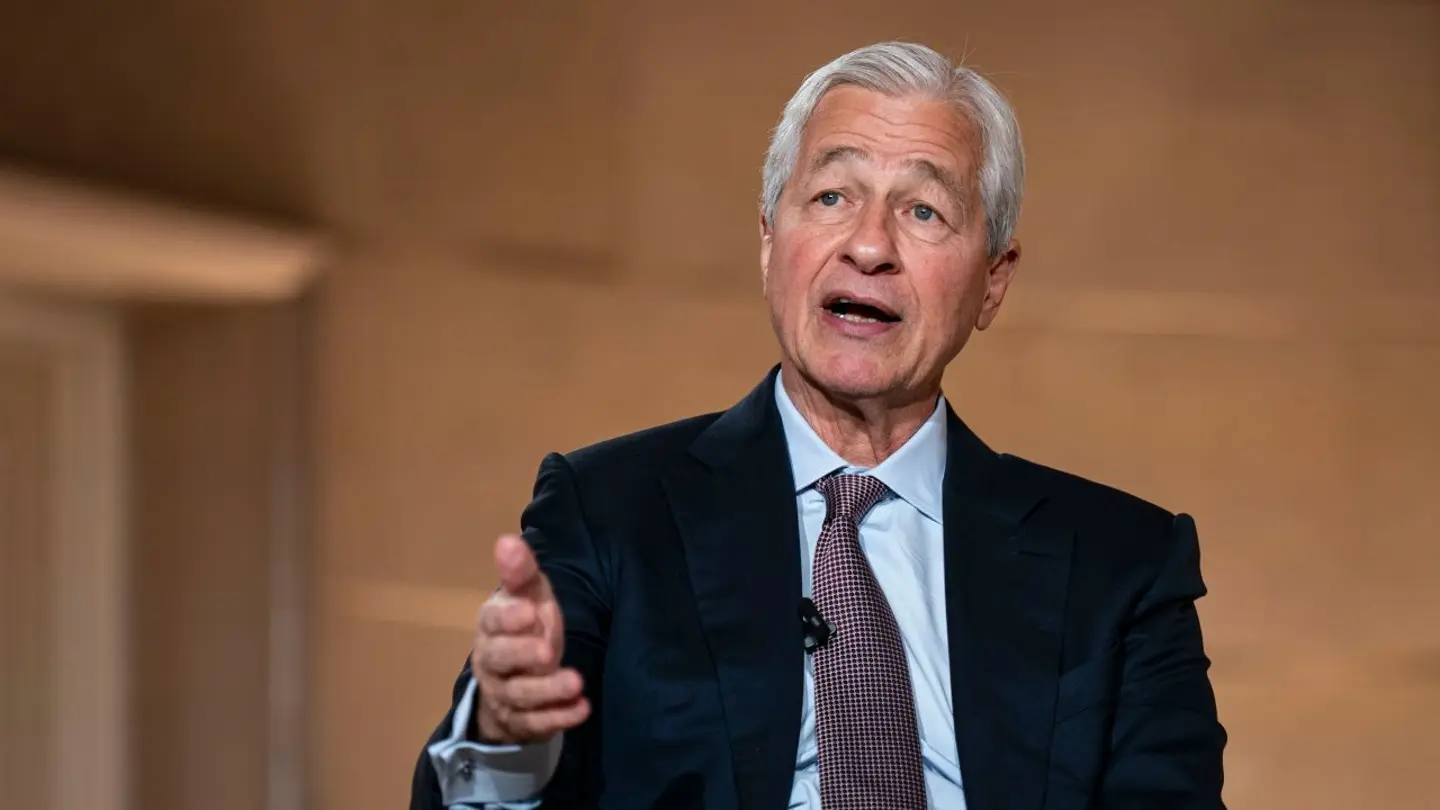# The Economic Implications of Trade Tensions: Insights from JPMorgan Chase’s CEO
In a recent update to shareholders, Jamie Dimon, the esteemed CEO of JPMorgan Chase, expressed concerns over the potential implications of escalating trade disputes on the global economy. His insights shed light on the broader economic challenges that could arise if these tensions are not managed carefully.
## Understanding the Potential Impact of Trade Tensions
Trade disputes are not just about tariffs and goods; they’re about the interconnectedness of the global economy. Jamie Dimon’s commentary underscores the delicate balance that must be maintained to ensure economic stability worldwide. According to Dimon, a significant trade conflict could undermine both consumer and investor confidence, which are pivotal in driving economic activity and market stability.
### Diminishing Consumer Confidence
Consumer confidence is a key economic indicator, reflecting the overall health of the economy. It largely dictates spending behavior, which in turn, impacts businesses and employment rates. Dimon suggests that escalating trade disputes could lead to a decrease in this confidence, as consumers may become uncertain about the future and more conservative in their spending habits. Reduced consumer spending would directly affect businesses, especially those reliant on discretionary spending, and could slow down economic growth.
### Investor Sentiment and Market Volatility
Investor confidence similarly plays a crucial role in the health of financial markets. Uncertainty about trade policies and their global ramifications could lead to increased market volatility. Investors may find it challenging to make informed decisions amidst fluctuating policies and potential retaliatory measures between countries. This environment of uncertainty can lead to reduced investment in sectors that are perceived as risky, further dampening economic prospects.
### Rising Inflation: A Tangible Threat
Another significant point raised by Dimon is the potential rise in inflation. Trade disputes often lead to tariffs, which are essentially taxes paid by domestic consumers. These additional costs can lead to higher prices for goods and services, contributing to inflation. Persistent inflation without corresponding wage growth can squeeze household budgets, leading to reduced purchasing power and, again, impacting consumer confidence and spending.
## Navigating the Future Amidst Trade Tensions
In light of these challenges highlighted by Jamie Dimon, it becomes crucial for policymakers to navigate trade discussions cautiously. The focus should be on fostering diplomatic engagements that lead to fair and sustainable trade agreements rather than escalating conflicts. Moreover, businesses and investors should prepare for potential fluctuations and plan with a longer-term perspective to mitigate immediate risks posed by trade uncertainties.
### The Role of Major Financial Institutions
As leaders in the financial industry, institutions like JPMorgan Chase play a critical role during these uncertain times. They not only have to manage their investment portfolios prudently but also provide guidance to their clients and stakeholders, helping them navigate through potential economic turbulence. The insights shared by leaders like Jamie Dimon are invaluable in framing the narrative around these global issues and preparing for future impacts.
## Conclusion
The discourse around global trade disputes is complex and requires a nuanced understanding of economic principles and real-world implications. As the CEO of JPMorgan Chase, Jamie Dimon’s perspectives provide a crucial insider’s look at how trade tensions could reshape the economic landscape. For everyone from policymakers to private investors, understanding these dynamics is critical for making informed decisions that lead to sustainable growth and economic stability. As we move forward, it remains imperative to keep a close watch on developments in this area, keeping in mind the broader economic implications that Jamie Dimon has highlighted.










